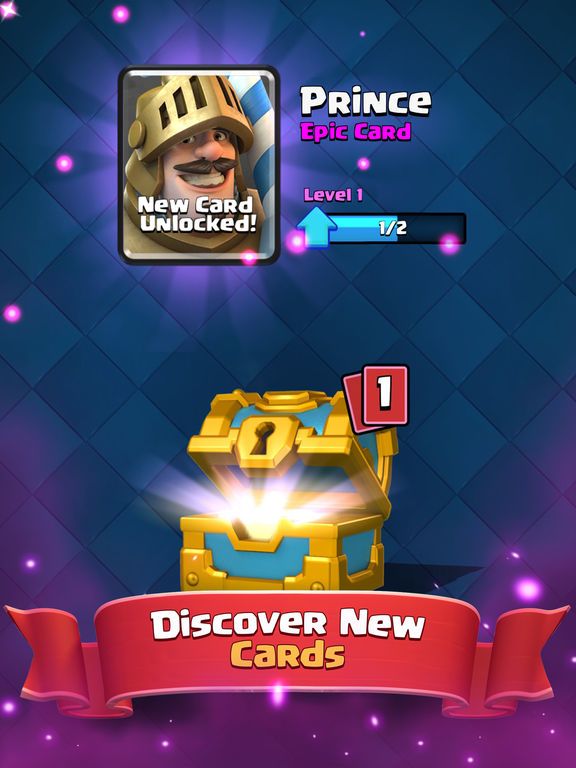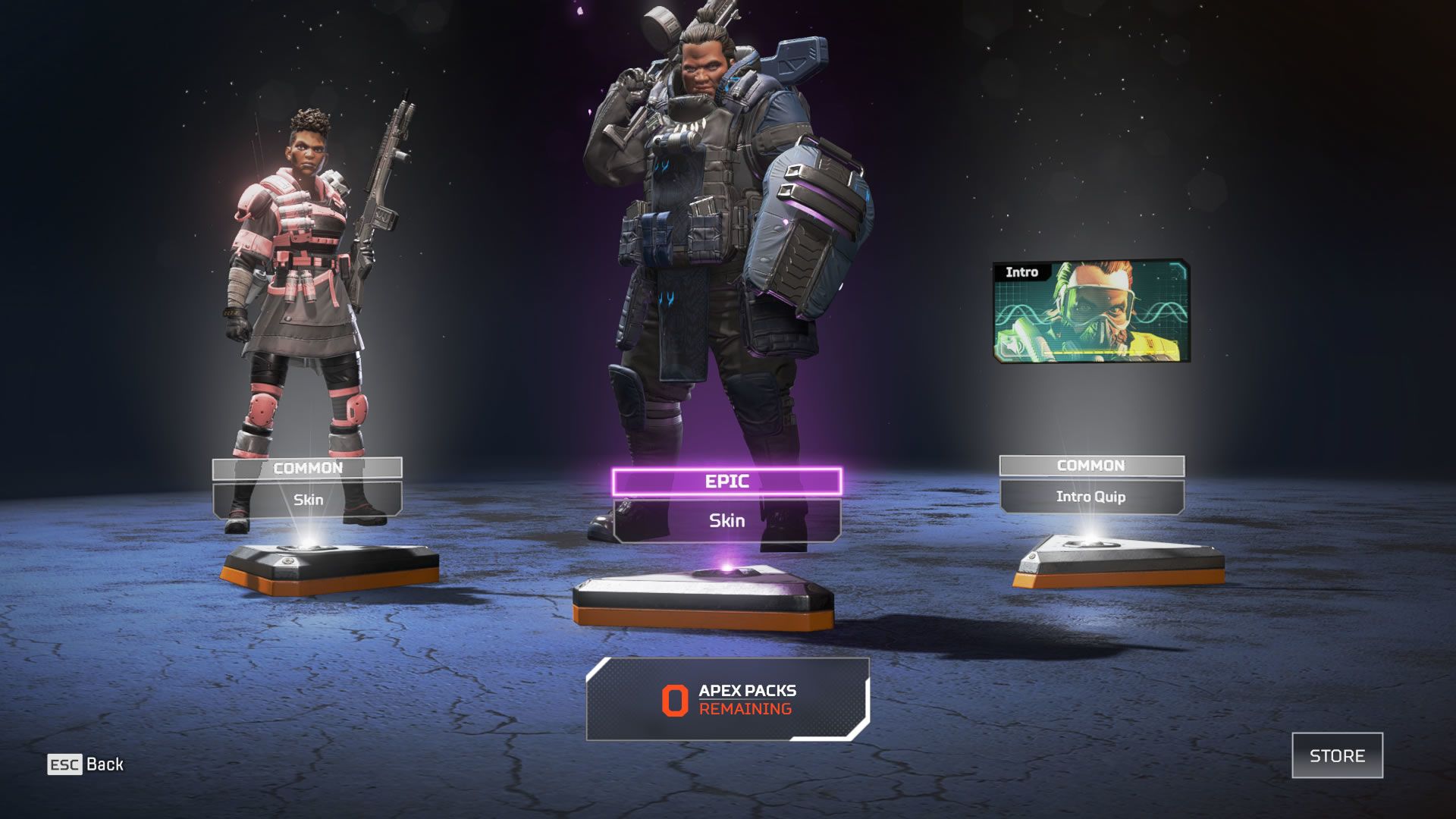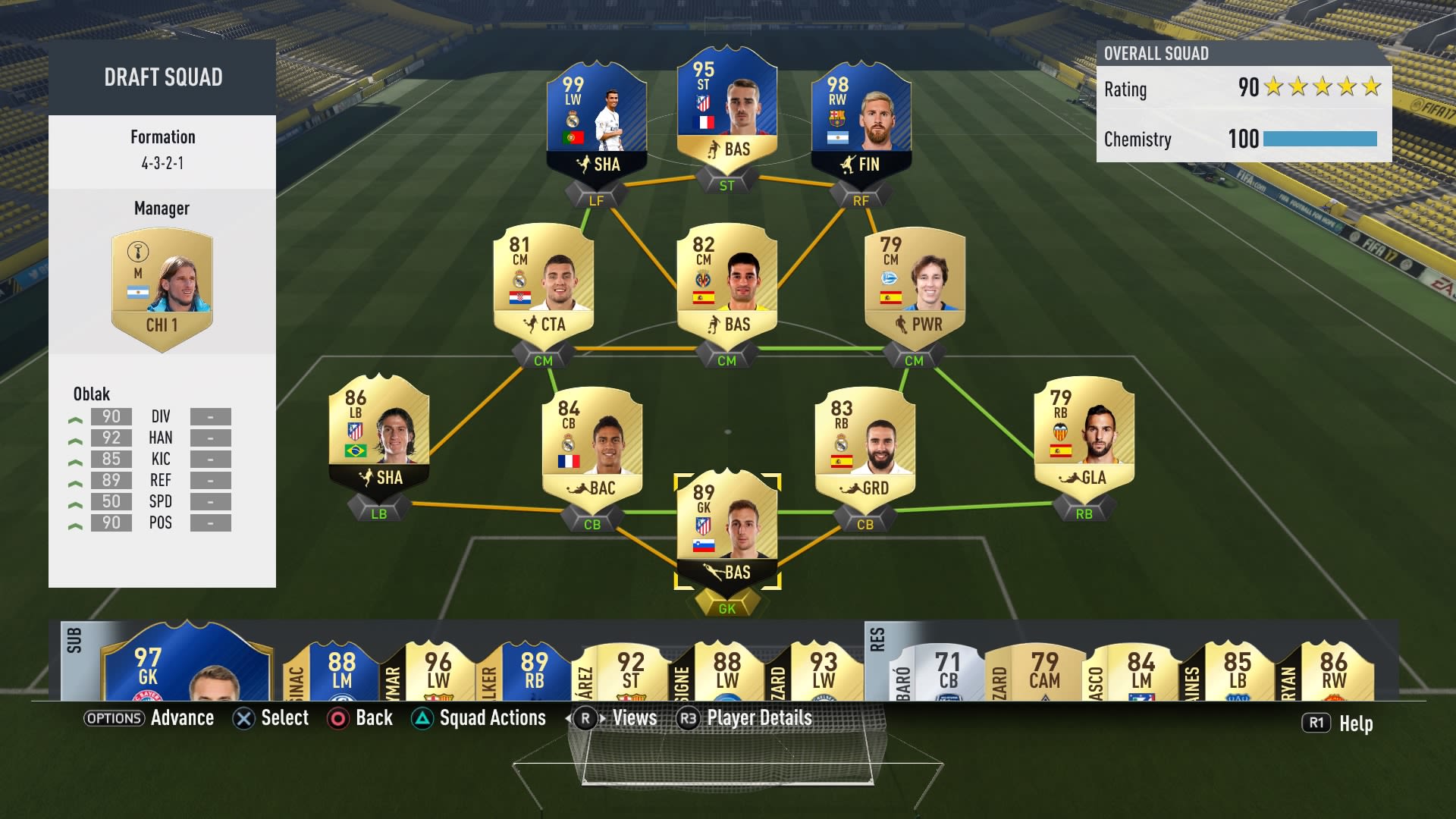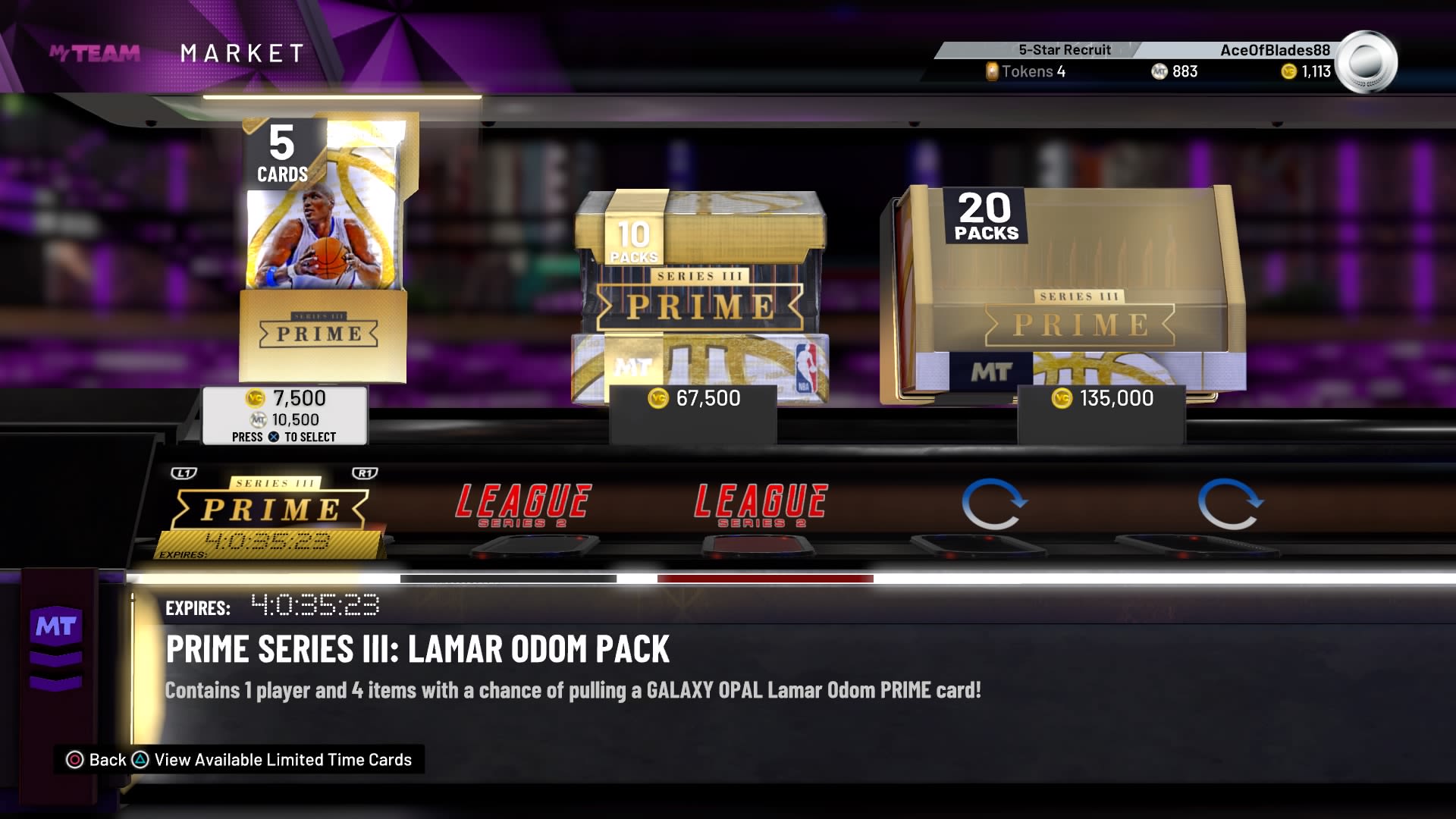Loot Boxes: Exploitative Menace or Necessary Practice?
Mark Warren investigates the issues surrounding loot boxes and how game developers view them.

There are few phenomena so controversial that everyone in and around the industry they effect has a strongly held opinion on them. Yet, since their rise to prominence in the mid-2010s, this has been the fate of loot boxes.
To many around the games industry, they represent aggressive corporate monetisation at its worst, however, to others, they’re just another necessary means of offsetting the perpetually increasing cost of game production.
Today, from Overwatch to FIFA, loot boxes are practically inescapable online. Getting ahead in these games means grinding out rewards, or shelling out real money.
But, what do the developers who are tasked with dreaming up or delivering this chance mechanic think of loot boxes? And what about the elephant in the room, the idea that loot boxes constitute gambling?
“I'm split on loot boxes in games,” said one developer, who spoke on condition of anonymity, due to a fear of backlash from their employer, continuing: “I'm aware of their stigma as a malevolent, money-grabbing presence and though I largely subscribe to that idea myself, the 'sixty dollar limit' on a game's price is difficult to work around.”
“Personally, I'm not a fan of loot boxes.” says Daniel Cole, a junior programmer at Sunderland-based studio Coatsink, “You shouldn't have to gamble for a chance of getting what you want, but there's also a lot of nuance in that.”
Luke Burton, a programmer at Gateshead-based studio Coconut Lizard, says: “I'm not a massive fan of loot boxes, I have never bought any.”
“I generally don’t think much of them.” agrees Abhay Ramakrishnan, a game designer at Deca Games, “I definitely don’t avoid them outright because chance-based rewards are in most games. Even in games with alternative rewards systems, loot boxes are present as a reward system for players who don’t pay.”


A quick explainer about what loot boxes are and how they work.
A quick explainer about what loot boxes are and how they work.
Often, the manner in which loot boxes are presented in games can have a considerable effect on how egregious their presence seems.
“In terms of making loot boxes palatable,” explains the anonymous developer, “it's important to make them a seamless and natural part of a game's design, preferably while making them as unobtrusive or pushy to the user as is possible.” The developer adds: “I think Clash Royale does a great job of integrating loot boxes into it's core loops, making the user really want to keep playing to unlock more boxes and efficiently use their 'chests on timers' slots, so the game's a good example of well-integrated loot boxes.”
So what works and what doesn't when it comes to loot boxes? “If it's for purely cosmetic items,” says Cole, “then I don't mind the randomness as much and I have less of an issue with the loot boxes in that situation. When you're getting into situations where the loot boxes actually have gameplay effects, then I'm strongly against that, although if the loot boxes are earned through purely in-game currency then in my opinion it becomes a game mechanic. If we're talking loot boxes paid for with real world money, then basically cosmetics okay, everything else no.”
“When they are free and used to give random rewards while you play, I don't mind, like with Forza Horizon 4,’ says Burton, ‘but when you have to pay for them then I feel it becomes a problem.”


Often the main argument cited in favour of loot boxes is that they can aid the process of prolonging a game’s lifespan, by continuing to bring in revenue for the game in the years following its release.
However, Ramakrishnan argues that loot boxes alone can’t prolong a game’s lifespan, stating: “ If players don’t see value in the game, they won’t pay for it. Games that run for years have two things going for them: limited time events and new meta components. A loot box is just a tool to dole out content. It’s not a magical salve.” On the other hand, Ramakrishnan recognises the importance of loot boxes in generating revenue, saying: “These games are expected to have live events, major content infusions, robust customer support and server infrastructure. This all costs money.”
Cole agrees with this: “The way that basically all games are headed nowadays, going towards an ongoing live service, there has to be something that pays the bills.”
The anonymous developer argues that in order to eliminate loot boxes, the purchase price of games and the expectations of audiences will have to change: “As it stands, developers and large teams are constrained to create large-scale and now, unending, experiences for users who can be perceived as wanting more and more for an unchanging amount of money. I want to see a world where the average game player is happy to either pay £120 for a game or where AAA can release small products reliably that actually make some kind of return.”


Now, about the aforementioned elephant in the room. Whether or not loot boxes constitute gambling and should therefore be subject to government regulation. Since 2017, this debate has caused the governments of China, The Netherlands and Belgium to bring in new legislation concerning loot boxes.
It has also gained traction in the UK, where an October 2019 report by the Children’s Commissioner, Anne Longfield, highlighted the risk that loot boxes can cause harm for children playing online games, concluding that “monetisation of gaming brings children closer to gambling” and recommending that “gambling laws need updating to reflect the reality of children’s experiences of spending money within games”.
Ramakrishnan, however, argues that loot boxes shouldn’t be treated like regular gambling: “Every loot box purchase has to give you a guaranteed reward. Gambling doesn’t follow that logic.”
On the other hand, the anonymous developer is in favour of loot box regulation from the UK government, saying: “We should be regulated, like the gambling industry is, specifically in the contexts that we resemble the gambling industry. The debacle with EA and Star Wars Battlefront II is a good example of how companies will continue to push until they're pulled back.” The developer adds: “The industry has a habit of claiming self-representation to avoid government clamp-down, but I think you'd be naive to trust a series of conglomerates when they claim that they're acting in our own self interest.”
Looking forwards, the office of the Children’s Commissioner are open to games companies finding alternative ways to monetise their games, stating: “The need to monetise is the need of the game companies, a need we don’t have any particular aversion to or argument against, but more that if that that need materialises as something that looks, feels or is gambling, that’s still a problem.”
For the time being, it seems that loot boxes will continue to be one of the most polarising phenomenons within the games industry. If the looming spectre of government regulation does descend upon the industry, that could mean the end of loot boxes and mark the beginning of a frantic gold rush among publishers to find a new method of monetising games. However, until then, it looks like developers will be made to continue, whether they agree with the practice or not, to program loot boxes into their games.




